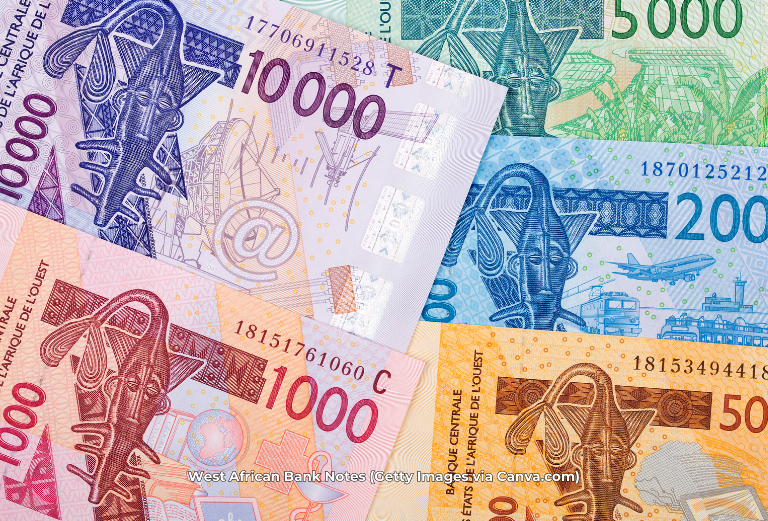Susu

Credit: Getty Images via Canva.com
| Giver: | Community |
|---|---|
| Receiver: | Formal/Structured unregistered organizations |
| Gift: | Money |
| Approach: | ROSCA |
| Issues: | 8. Decent Work and Economic Growth |
| Included in: | ROSCAs |
A Susu is one kind of Rotating Savings and Credit Association (ROSCA), a type of mutual aid or informal banking system that appears to have been invented independently by people in many parts of the world. Scholars first described ROSCA’s in the mid-twentieth century, but they almost certainly existed long before that. The Susu tradition is rooted in West Africa, where it can also go by the names esusu or ajo. In the Caribbean, a very similar practice likely shares common roots with the West African tradition, though the most common spelling there is Sou-sou. A Susu is generally composed of a group of friends or family members. The members make regular contributions to a fund, and then disburse the funds to one of their members on a regular basis.
As an example, imagine a group of 10 friends, each of whom has an idea for a business venture. Every week, each person donates $100 to the Susu; and every week, the whole $1000 is given to a different person. At the end of the 10 weeks, each person in the group has paid $1000 to the Susu, but they have also been paid back $1000. This rotating schedule adds community support to individual savings goals and binds the group together in solidarity; in some places, a Susu may be the only access to capital for many people.
- J. Jallah describes the Susu this way:
Basically, individuals agreed to join the "Susu" and contribute the same amount (weekly, bi--weekly, monthly, etc..). Two or more leaders determined to act as the treasurer, secretary, or coordinator, etc... For instance, if the individuals agreed to pay 20 each within 2 weeks, the leaders make sure that amount is collected from each participant in 2 weeks. Once everyone has paid, the combined/total amount is given to one individual. The circle continues for another two weeks for the next individual recipient. This continues until everyone gets his/her combined/total amount. Generally, the leaders are the last to receive their total saving/shared giving. This traditional saving/shared giving has been crucial in several countries across Africa-- Guinea, Sierra Leone, Ethiopia. It is also practiced in Haiti under a different name. In fact, my mother is currently in a Susu with various friends, many of whom only speak native dialects. This is what makes this practice amazing-- it is based on character, trust, honesty, and commitment, even in countries where corruption is widespread.
In contrast to conventional financial institutions, Susus and other ROSCA’s are rooted in mutual trust, affection, and solidarity, rather than formal contracts and legal enforcement. This makes them robust in tight-knit communities, and Susus have flourished in diasporic settings, as for instance among Caribbean immigrants to North American cities. This reliance on good faith can occasionally cause problems, too, and Internet-driven “Sou-sou scams” have been reported in Trinidad and Tobago, among other places.
As a model of mutual dependence and support, the Susu offers an alternative to conventional lending and saving structures, one that particularly supports minority communities who often encounter discrimination when trying to gain access to banks.
Contributors: Matt Price, Z. J. Jallah
| Source type | Full citation | Link (DOI or URL) |
|---|---|---|
| Publication |
Birchall, Johnston. “Consumer/Producer-Owned Banks.” In People-Centred Businesses, 126–53. Springer, 2011. |
- |
| Publication |
Bonnett, Aubrey W. “Structured Adaptation of Black Migrants from the Caribbean: An Examination of an Indigenous Banking System in Brooklyn.” Phylon (1960-) 42, no. 4 (1981): 346–55. |
- |
| Private Communication |
Jallah, Z. J. Private Communication, 2021 |
- |
| Publication |
Low, Alaine. A Bibliographical Survey of Rotating Savings and Credit Associations. Oxfam, 1995. |
- |
| Publication |
Ardener, Shirley. “The Comparative Study of Rotating Credit Associations.” The Journal of the Royal Anthropological Institute of Great Britain and Ireland 94, no. 2 (1964): 201–29. |
https://doi.org/10.2307/2844382 |